‘The systems of oppression will survive Putin and Xi’
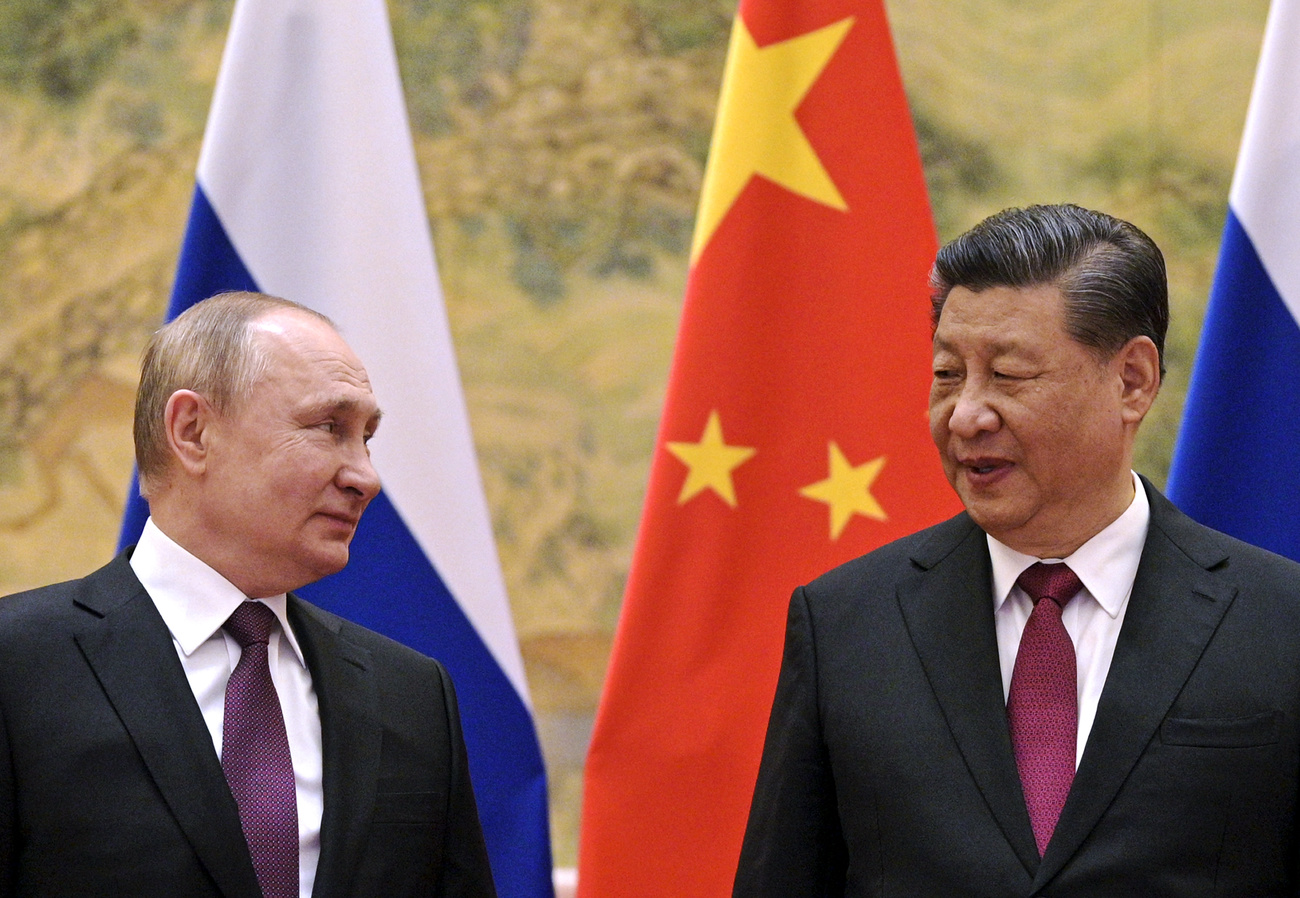
The question of who will succeed leaders in China and Russia is far from resolved, says Brian Carlson, a political analyst at the Center for Security Studies in Zurich. That said, he sees little chance of upheaval in the two major autocracies.
SWI swissinfo.ch: Since the Cold War, we have assumed that a nuclear standoff guarantees peace: no one can start a nuclear war without destroying themselves. Is the war in Ukraine proving us wrong on this assumption by showing that nuclear deterrence actually makes war possible?
Brian Carlson: I don’t think that the war in Ukraine is a new kind of conflict – except there is the concern that Russia could use tactical nuclear weapons as a signal that the West had better back down. In this case, Russia would hope that this low-level use of nuclear weapons would not rise to a nuclear exchange between the United States and Russia.
SWI: How do you assess the risk that the outcome of the war in Ukraine will determine how states interpret their military room for manoeuvre in the future?
B.C.: Unfortunately, this could set a precedent. It is unlikely that Ukraine can push Russian troops out of its territory completely. If they could put them back to where they were pre-invasion, that might be the best-case scenario. In all other cases, they would be rewarded for [their] aggression, as they already have been for annexing Crimea. This could set a bad example for Taiwan. On the other hand, China could be discouraged from attacking Taiwan by the difficulties that Russia has faced in Ukraine.

SWI: What are the implications of the war in Ukraine for the stability of Russian President Vladimir Putin’s regime?
B.C.: The war causes some risks for the regime, since it is not going well. There are a lot of critics in Russia. Putin is aware that people could push him out of power. Some hardliners think that he’s not pursuing the war aggressively enough and that his strategy is bad. A defeat would put his personal power at risk.
SWI: Do you expect Putin to survive politically for the next few years?
B.C.: I assume that if he claims some kind of success in Ukraine, then he will maintain a strong-enough grip on power. But his health seems to be poor. It’s possible that even if he survives politically, he won’t survive physically for many more years.
SWI: A common reading is that Putin was only able to launch this war because he was sure of China’s support. Do you agree?
B.C.: I would say yes. From Putin’s perspective, being certain that China would not oppose it was a necessary precondition for starting the war.
SWI: How close is the alliance between Russia and China? Is it a partnership of convenience in demarcation from the US or does the relationship go deeper?
B.C.: I think that China and Russia have built a close partnership in challenging the US and the global order that the US dominates. That is the main reason for the relationship. As long as Putin and Xi Jinping are in power, the two countries will remain very close. In the long run, the two countries’ interests diverge, however. This is because China is trying to become the most powerful country in the world, which is potentially threatening for Russia.
SWI: The countries share a long border. Are there unresolved border conflicts?
B.C.: The last border conflict in which people were killed on both sides took place in 1969. The border is settled as a matter of law, but there is concern that in the long-term China may try to bring some areas in the Russian Far East under its control. Potential conflict zones are also located in Central Asia and the Arctic.
SWI: Is the succession question for Putin and Xi settled?
B.C.: It’s not settled at all. Both men aren’t grooming their children to succeed them. And they both want to have total control over the executive function of their government. In both countries, we have no idea what the succession will be. Both men are intent on remaining in power for as long as possible. The Russian constitution after the latest reforms will allow 70-year-old Putin to stay president until 2036. Xi Jinping, 69, just gained a third term, and he has no successor named, which indicates he will stay in power for at least ten more years.
SWI: Is there a realistic chance that, after the death of Putin and Xi, Russian and Chinese societies will open up?
B.C.: The chances of either society opening up in the sense of becoming democratic are very small. Both countries are authoritarian states with an elite that has a firm grip on politics.
SWI: Civil opposition has increased recently, in China as well as in Russia. Isn’t the potential for a fundamental shift lying dormant here?
B.C.: There is a lot of dissatisfaction among the public in both countries, but there are a lot of obstacles to turning that into a widespread protest movement that could actually threaten the government. The Chinese government in particular has established a very sophisticated surveillance state – it has the ability to monitor dissent and to stop it very early. Most likely, the systems in both countries can preserve themselves.
SWI: In Russia, the situation seems more open. The oligarchs, many of whom enjoy a Western lifestyle, could be economically interested in a return to the status quo, that is to say, the situation before Putin.
B.C.: Certainly, it would be beneficial for Russia’s economy to have closer relations with the West, but the interests of Putin’s regime are completely in opposition to the ideas that Western countries promote. As long as Putin or someone like him is in power in Russia, there is going to be conflict between Russia and the West. Putin has been very successful at taming the oligarchs. Oligarchs who challenge Putin know that they could end up losing their wealth or in prison or dead.
SWI: Are there no powerful people in Russia waiting for Putin to die?
B.C.: There will be an intense scramble for power once Putin passes from the scene. But it’s very likely that whoever comes after Putin will also come from the security services.
SWI: So if change in the major autocracies is unlikely, what does that mean for security considerations in the West over the next two decades?
B.C.: The confrontation is likely to continue. In the immediate future, there is the concern about how the Ukrainian war might end. But regardless of how it ends, Western countries are likely to view Russia as a security threat going forward. This could lead European countries to further increase their military budgets.
SWI: Bloc formation, a crisis of multilateralism – all of this will continue?
B.C.: Yes, it’s possible that we will see more bipolarity, with Russia and China and other authoritarian states on one side, and the US and its allies and partners on the other.
SWI: A globalised version of the Cold War…
B.C.: It will be different from the Cold War, since there will be a long-term confrontation between the US and China, with Russia playing a role in support of China.
SWI: Switzerland will be a non-permanent member of the United Nations Security Council for 2023-2024, where it intends to promote international law. Do China and Russia, both permanent members of the Council, want to hear any of this?
B.C.: It is a worthy goal to promote international law. But it will be very difficult because of opposition from China and Russia, especially on human rights. Even on issues in which all countries have an interest – climate change, public health, and nuclear non-proliferation – it will be difficult to cooperate because of the geopolitical rivalries.
SWI: Is there no hope?
B.C.: Perhaps the only source of hope is that maybe the world can avoid the worst: a major war that could go nuclear.
Edited by David Eugster

In compliance with the JTI standards
More: SWI swissinfo.ch certified by the Journalism Trust Initiative
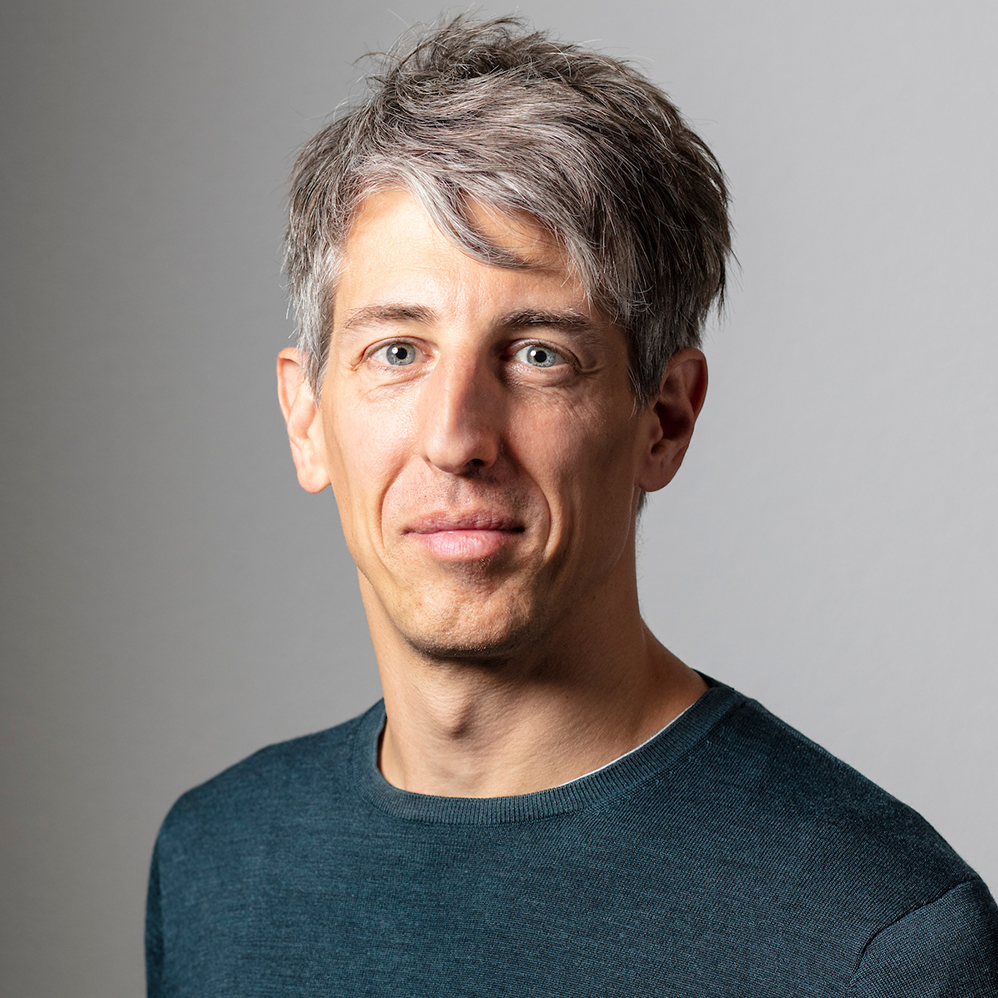
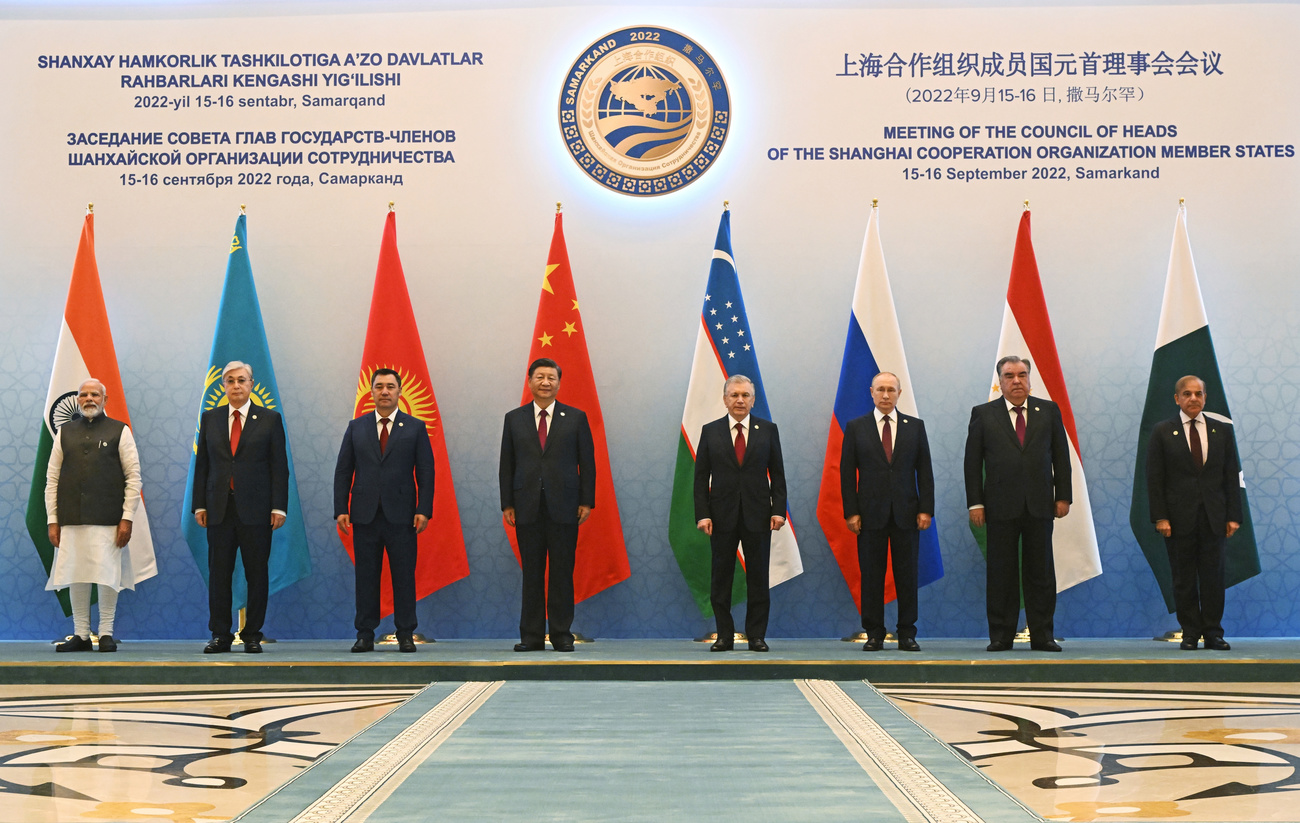
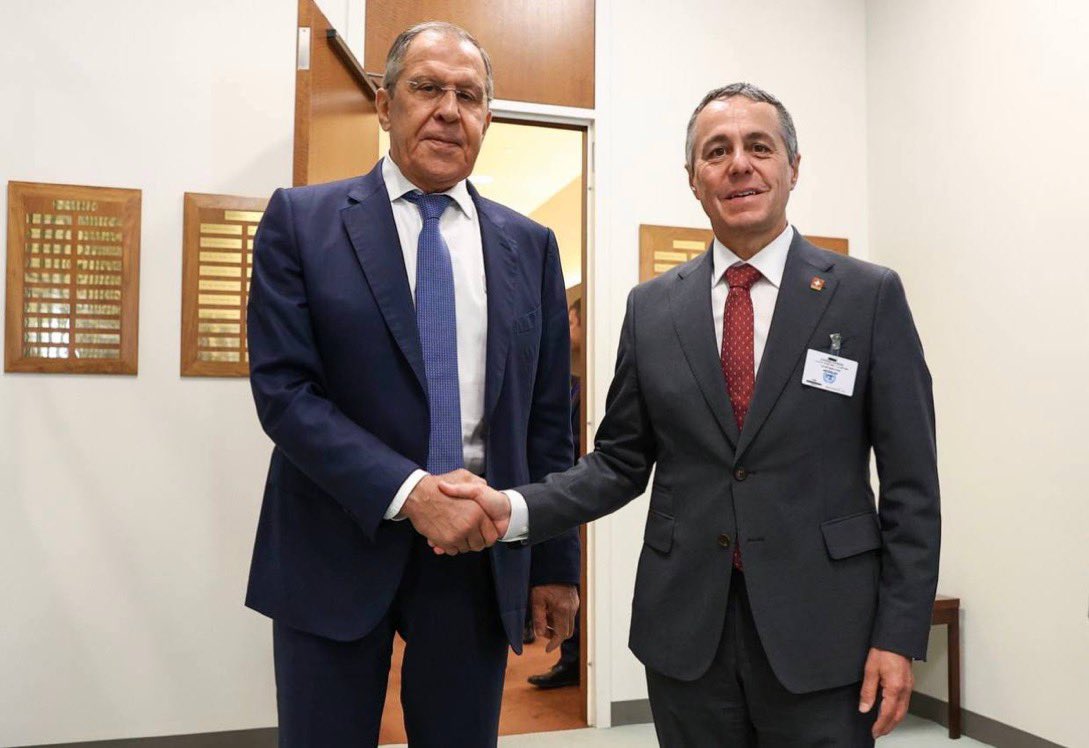


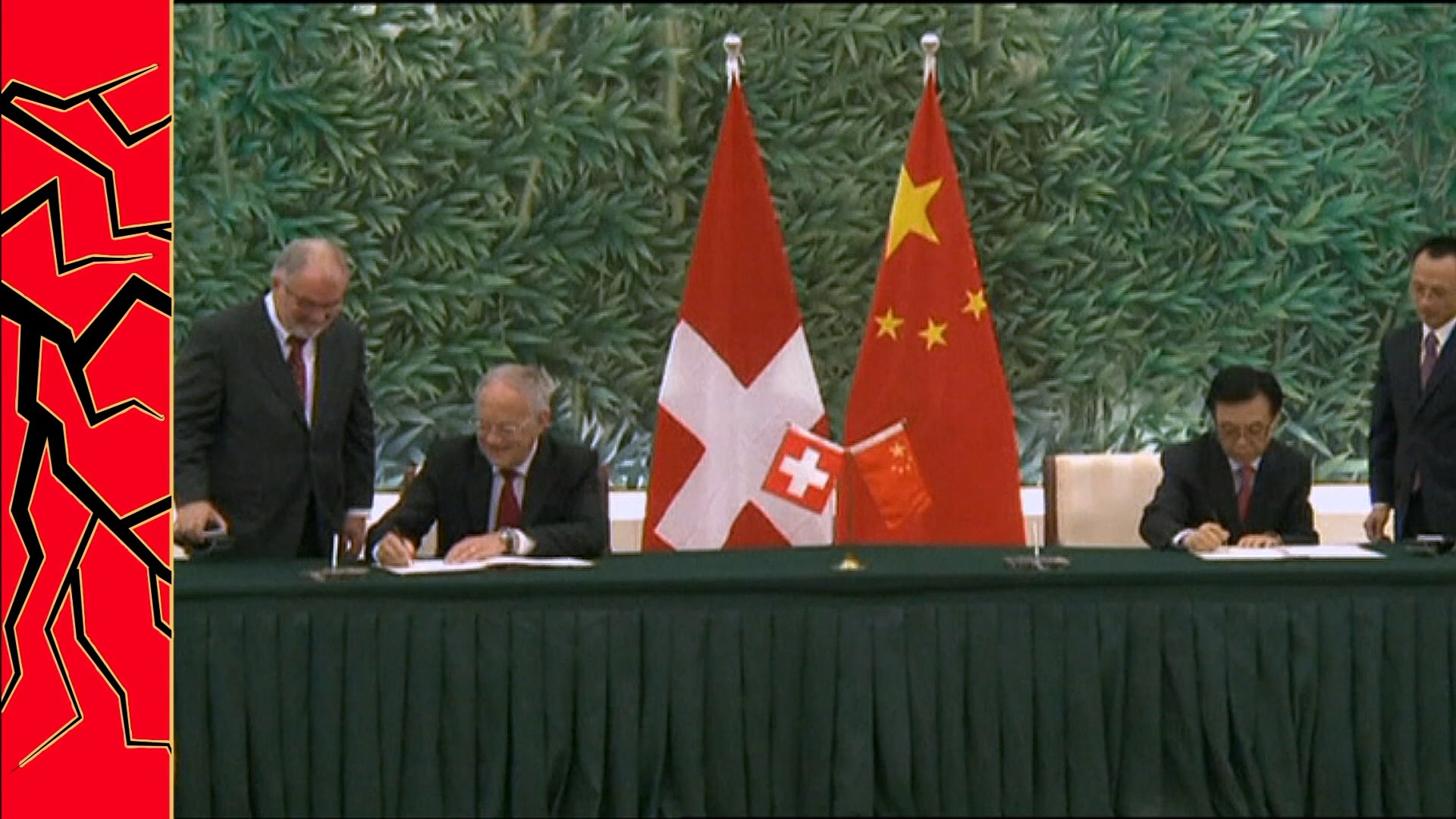
You can find an overview of ongoing debates with our journalists here . Please join us!
If you want to start a conversation about a topic raised in this article or want to report factual errors, email us at english@swissinfo.ch.